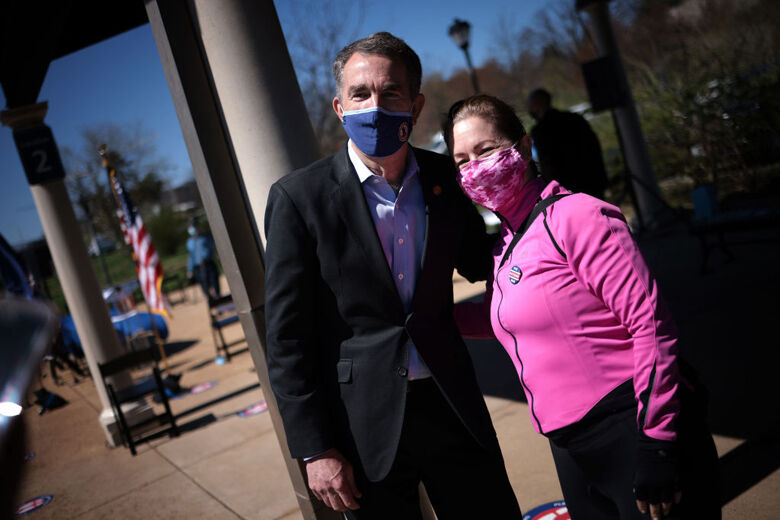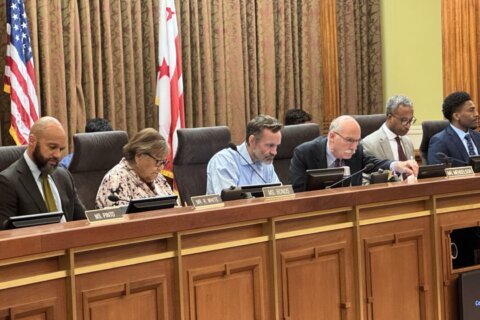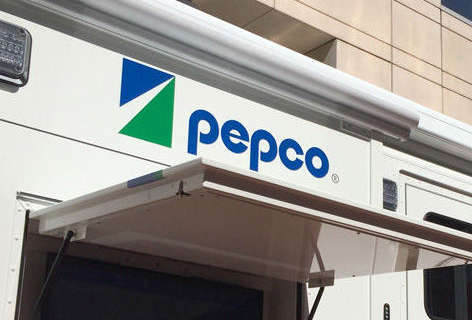
“Sometimes the light at the end of the tunnel is a train,” Rep. Don Beyer, D-Va., said Tuesday.
Beyer, as one of the sponsors of the Long Bridge Act of 2020, was among stakeholders at Tuesday’s ceremonial signing of the $3.7 billion dollar Transforming Rail in Virginia initiative deal at Alexandria’s Virginia Railway Express commuter rail station.
“I was a car dealer for 45 years,” Beyer said. “But I love trains — a fraction of the carbon footprint, more family time, less expensive, more time to read, no traffic jams.”
Virginia Gov. Ralph Northam noted the 10-year plan will improve service throughout the commonwealth and the northeast corridor — making it easier to hop a train to New York and to expand local commuter rail service to include weekends.
“With Virginia building a new passenger-only Long Bridge over the Potomac, we will help ensure that both passengers and freight trains can move faster,” Northam said. “VRE has committed $200 million over 10 years to increase its service; because we know that many essential jobs are not nine-to-five, Monday through Friday. The 21st century economy needs a train schedule to match.”
Efficiencies from the new Long Bridge splitting freight and commuting paths at the Potomac River will help alleviate a bottleneck and is expected to take one million trucks a year off Virginia and D.C. area roadways.
Also speaking at the event, Transportation Secretary Pete Buttigieg called the “good news” an expansion of rail service that will reduce congestion, make life better for residents across Virginia and contribute to the region’s economy.
Buttigieg also noted that the American Rescue Plan is supporting the nation’s transportation needs and workers with more $43.2 billion of funding.
“The plan is helping Amtrak bring back more than 1,200 furloughed employees and restore service to 12 routes. And more broadly, this funding will help transportation providers across the nation avoid layoffs and help support workers who have been on the front lines delivering vaccines, getting people to essential jobs, and getting essential goods to wherever they need to go.”








